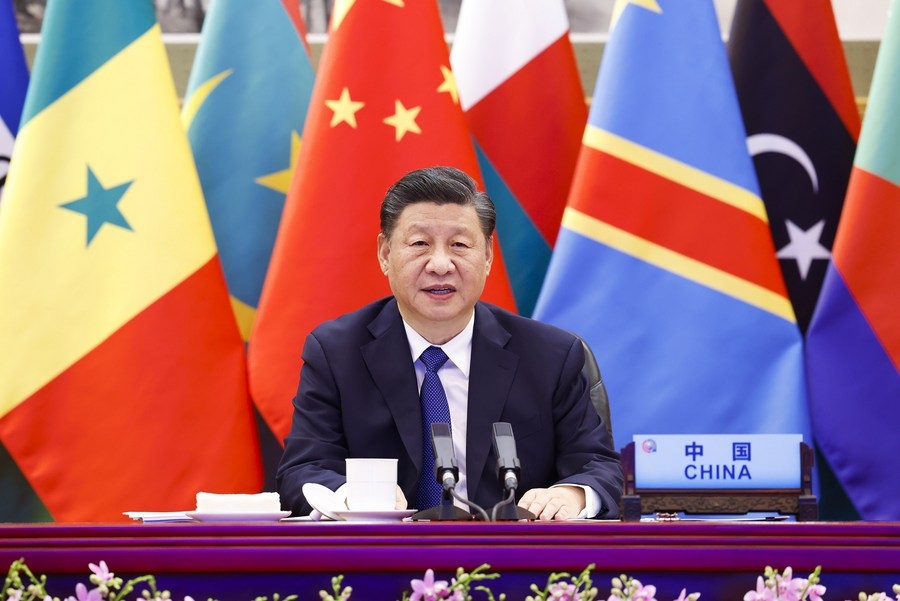
China’s BRI Loses Ground In Africa As India, US Step In
There are two reasons for this decline in Chinese presence in Africa since the past few years: internal turmoil and problems facing China and the reluctance of the African nations to accept

